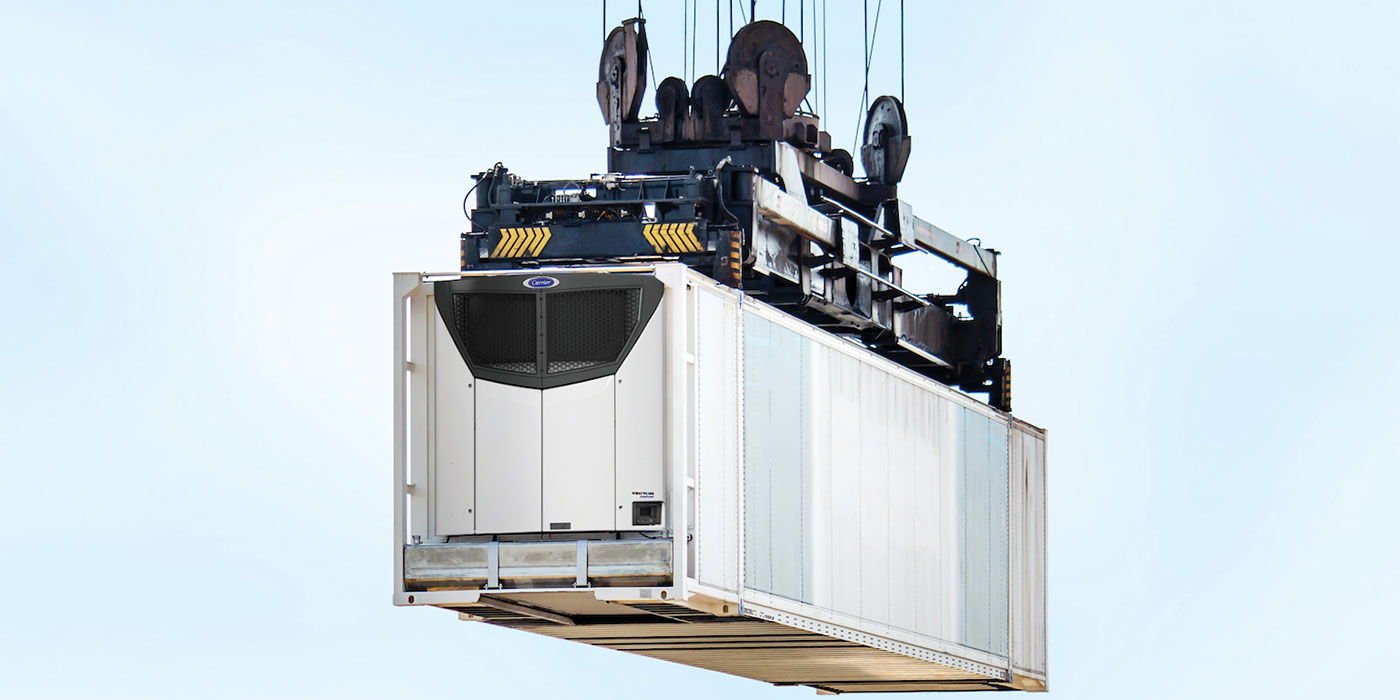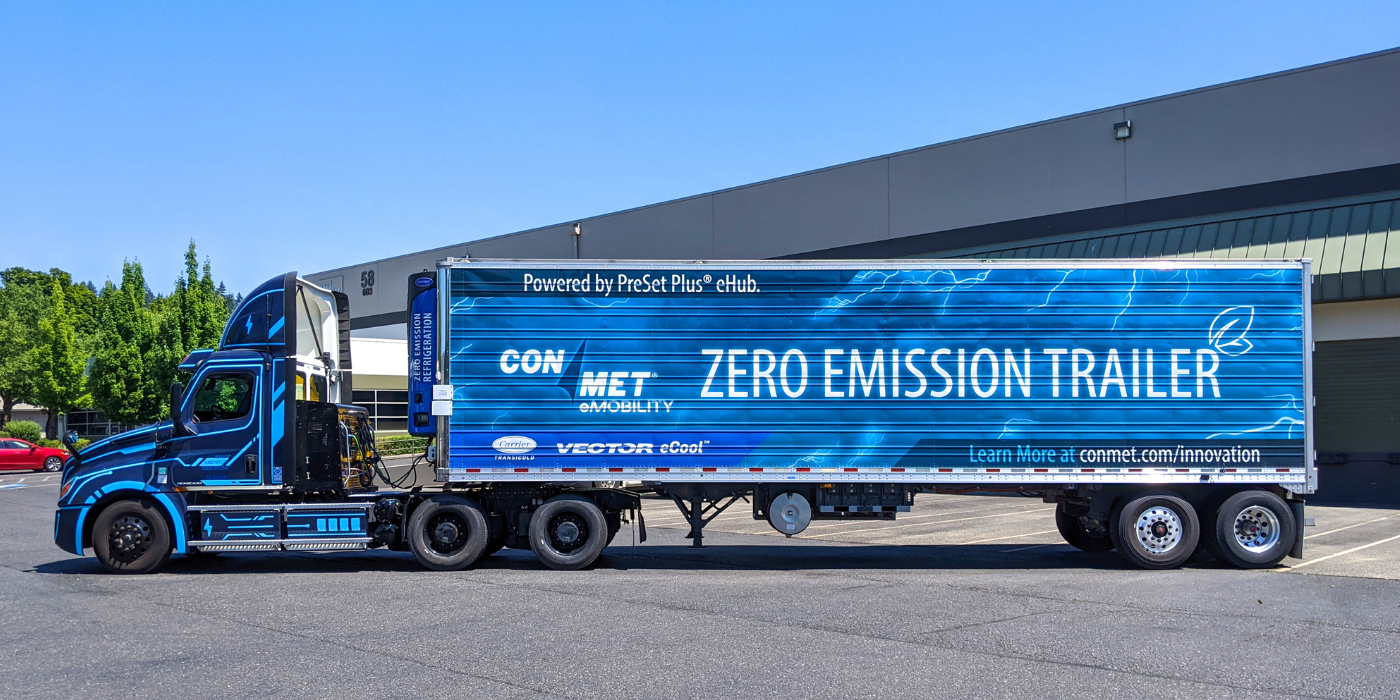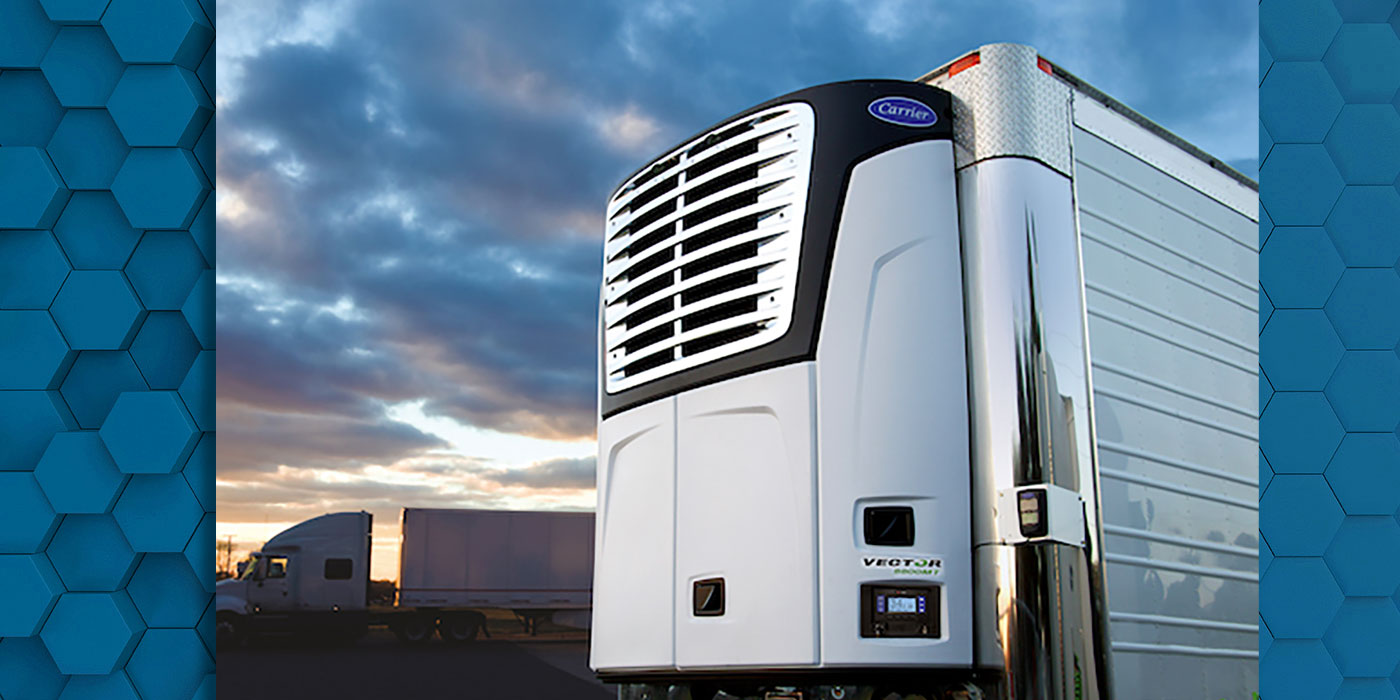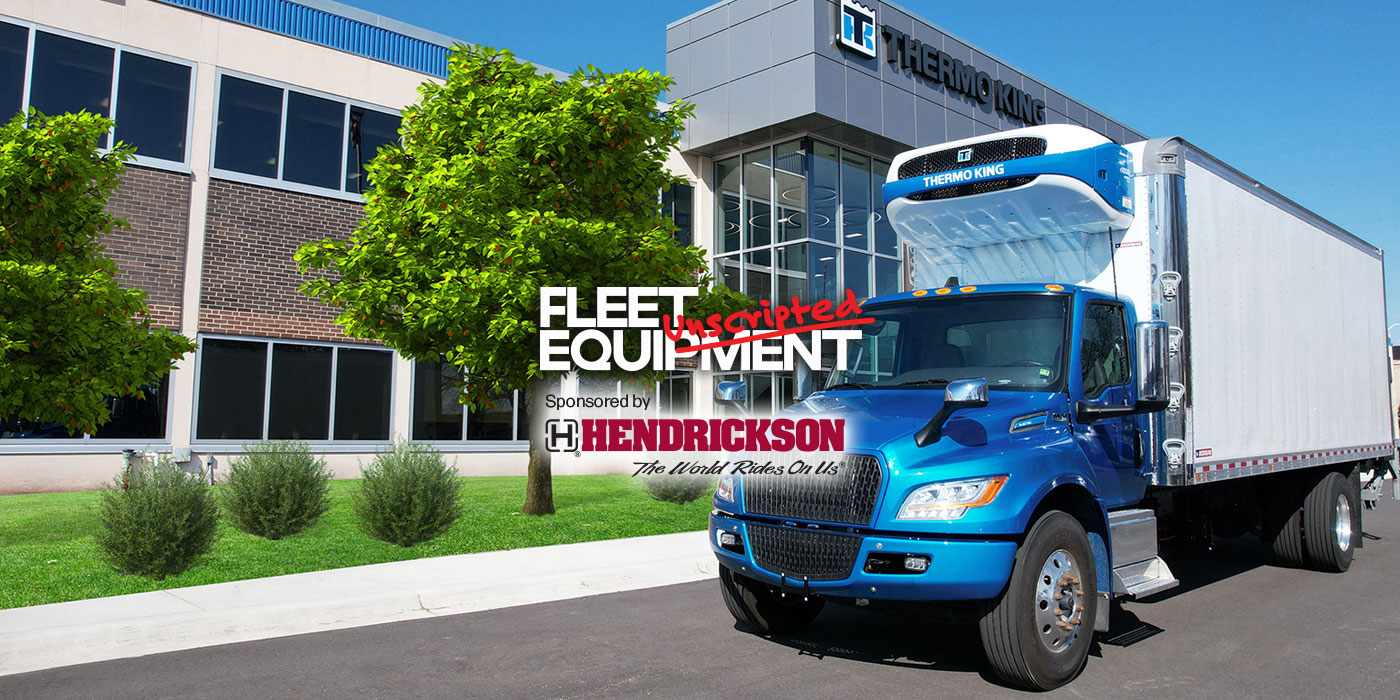As fuel prices rise again, notes Ron Kemm, director of marketing atXTRA Lease, refrigeration unit fuel efficiency becomes increasinglymore important to customers. “They’re concerned about rising operatingcosts and lower margins,” he says, “so it’s important they find savingswherever they can, including fuel.
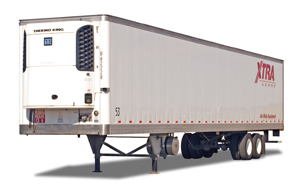 “Refrigeration unit manufacturers have made continuous changes to theirengines to improve efficiency,” Kemm continues. “Over the last coupleof years, those changes have primarily involved reducing the loadapplied to the engine. While that can measurably enhance fuel economy,it results in a low percentage change in fuel usage. In the meantime,more significant savings have been achieved in other ways.”
“Refrigeration unit manufacturers have made continuous changes to theirengines to improve efficiency,” Kemm continues. “Over the last coupleof years, those changes have primarily involved reducing the loadapplied to the engine. While that can measurably enhance fuel economy,it results in a low percentage change in fuel usage. In the meantime,more significant savings have been achieved in other ways.”
Among those, according to Kemm, is the use of sophisticated softwarenow available with modern refrigeration units, which allows fleets topre-program temperature settings and control points to maximize fuelefficiency and load protection. “By implementing and following eithercustom or pre-programmed settings,” he states, “significant fuelsavings can and have been shown to improve fuel efficiency, by 10% to30% in some cases. In addition, the use of electric standby systemscan reduce stationary fuel consumption to essentially zero.”
Duty-cycle
Manufacturers note that fuel efficiency is a major consideration when engines are designed for their reefer units.
“Most engines are optimized for the refrigeration unit duty-cycle,”says Tom Kampf, trailer and APU product manager at Thermo King Corp.“These engines are directly coupled to the compressor to minimize drivelosses. The fuel map is optimized for this duty-cycle to provide thebest brake-specific fuel consumption, and the displacement, pistons,injectors and injection pump governor are specifically designed fortransport refrigeration use.”
David Kiefer, director of marketing and product management at
Carrier Transicold, notes that reefer unit engines are inherently morefuel efficient today than just a couple of years ago. He says,“Starting in 2008, the diesel engines used in refrigeration units tocomply with U.S. Environmental Protection Agency (EPA) Tier 4 interimstandard burn fuel more efficiently. This has resulted not only incleaner exhaust, but also up to a 2% improvement in fuel economy.
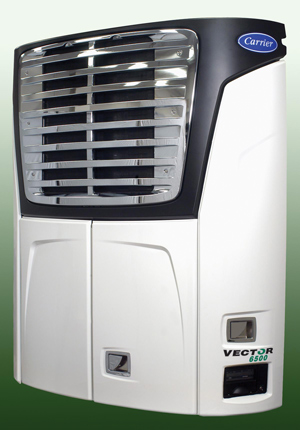 “The refrigeration unit’s control software provides a further means tosignificantly improve fuel performance,” Kiefer adds. “Many additionalimprovements to fuel efficiency result from enhancements made to the microprocessor control software to
“The refrigeration unit’s control software provides a further means tosignificantly improve fuel performance,” Kiefer adds. “Many additionalimprovements to fuel efficiency result from enhancements made to the microprocessor control software to
either lighten the load on the engine or reduce the amount of time itneeds to run to maintain temperature control, both of which result inlower fuel consumption.”
Electric standby
Both manufacturers are also quick to point to the fuel efficiencyavailable by running refrigeration units on electric standby. “Whenplugged into a stationary power source the refrigeration units do notconsume any diesel fuel,” relates Thermo King’s Tom Kampf. “With thepower being consumed coming from a building’s electrical supply, thereturn on investment is easily realized by comparing stationaryoperating hours to the energy and maintenance savings between dieseland electric operation, including infrastructure related costs.”
Since a hybrid refrigeration unit has an all-electric architecture,Carrier’s David Kiefer also points out it is a natural fit for runningon electric standby, which is gaining popularity as the neededinfrastructure is developed. Not only does electric standby offer thebenefits of lower noise, reduced emissions and less maintenance, butalso, depending on the price of fuel, a fleet can save 40% to 70% inenergy costs by plugging into the grid versus running the reeferstrictly on diesel fuel.
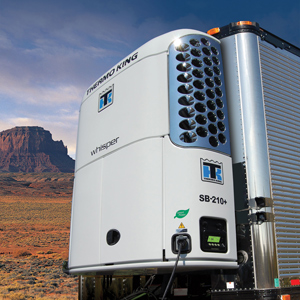 The all-electric architecture of a hybrid refrigeration unit providesthe potential to further reduce the use of diesel fuel, Kiefer relates.“It’s a perfect fit for connecting to a grid that may be present onfuture systems,” he says. “For example, if a tractor or trailer canoutput power due to regenerative braking, solar systems or other means,this may lighten the load on the refrigeration unit engine or allow youto shut it off all together, saving fuel. At other times, it’sconceivable that the hybrid could export power to the tractor, anauxiliary power unit or other device on the trailer.”
The all-electric architecture of a hybrid refrigeration unit providesthe potential to further reduce the use of diesel fuel, Kiefer relates.“It’s a perfect fit for connecting to a grid that may be present onfuture systems,” he says. “For example, if a tractor or trailer canoutput power due to regenerative braking, solar systems or other means,this may lighten the load on the refrigeration unit engine or allow youto shut it off all together, saving fuel. At other times, it’sconceivable that the hybrid could export power to the tractor, anauxiliary power unit or other device on the trailer.”
Next generation
So what can fleets expect to see in terms of enhanced efficiency in thefuture from reefer engines? Both manufacturers point out that the EPATier 4 Final requirements will drive the development of next-generationrefrigeration unit engines. As those models are not expected to beready and available until 2013, though, it’s still too early to say howmuch impact the emissions requirements will have on fuel efficiency.
“The next-generation reefer engines being designed to comply with EPATier 4 legislation will require significant changes to meet the newemission standards,” states Tom Kampf at Thermo King. “Cleaneremissions require greater energy input so there is a balancing actbetween emissions compliance and fuel economy. That need will drive thedevelopment of more sophisticated emissions technology and controls tofind the optimum balance.”
In future, notes Ron Kemm at XTRA Lease, fleet investments in newequipment will need to be weighed against fuel savings of the latesttechnologies manufacturers have to offer.
“Reefer engine fuel efficiency will remain very important to XTRA andits customers,” Kemm notes. “We will continue to equip all of ourreefers with technologies that can reduce fuel consumption because wewant our customers to have the type of quality equipment that willimprove their operations, and that means providing them with units thatoffer maximum fuel efficiency.”

